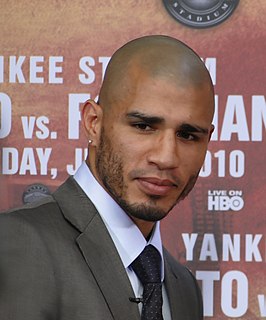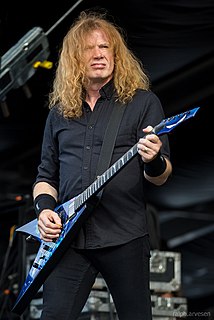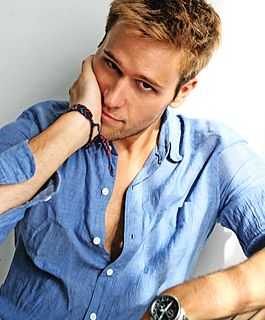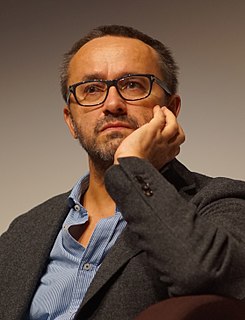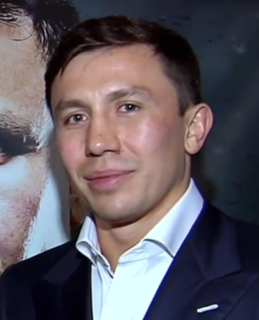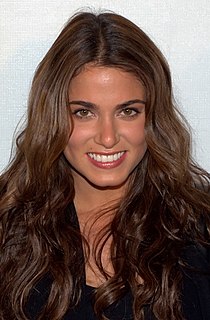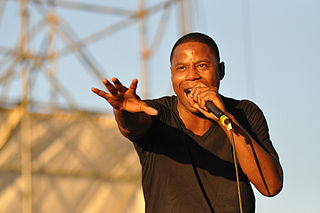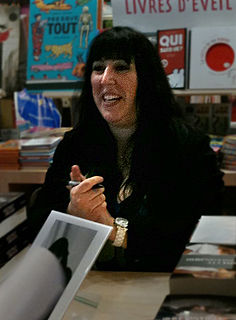A Quote by Miguel Cotto
I was like any other kid: very normal, I can say. I just was a simple kid that came from a humble family and was taught by my father to be a family man and be committed to them. I stepped into boxing following my older brothers.
Related Quotes
If you're going to compare a middle-income black kid with a middle- income white kid, and, say, you control for family background, family education, and family income, and if this middle-income black kid doesn't score as well as the white kid on the test, then I say, look, you haven't taken into consideration the cumulative effect of living in a segregated neighborhood and going to a de facto segregated school. You're denying a position at Harvard or some other place to a kid that really could make it. That's why I support affirmative action that's based on both class and race.
I wouldn't say I'm fixated on describing any kind of relationship whether it is a father and a son, or a family. I don't like it when people say that I'm particularly following the same line or that I'm only interested in family dramas. I'm interested in human relationships. The most intimate, the most delicate, and the most intriguing relationships are those within a family.
'Thirteen' was really hard on my family. I wrote this movie about them and their flaws and imperfections and what it was like growing up. It was from one kid's perspective and not a well rounded one. You get older, and it's like, 'How dare I portray my father as being a totally vacant, careless schmuck?'
My father wasn't perfect. He had a temper. I took some of that. He would snap, but the older he got, he started calming down. He learned about life, but the thing that he taught my whole family was that family was the most important thing and, no matter what, if a family member needs you, you go and help them out; you get there.
As a kid, I succumbed to peer pressure; I created an image of myself that was not true. But that belief system ended with the death of a close friend. It was then that I reached out for help from my father. It wasn't the teachings of The Four Agreements exactly, it was just my father's teachings in general. And because of this, I am grateful to continue my family's legacy. In this way, I say "thank you" to my family and teachers before me.
You know, people see [August: Osage County], and I tell them that it's based on my family, and they assume that I came from some kind of horrible, hysterical circumstances. That's not true. My family, my nuclear family, was actually very close. My mom and dad were great parents and they encouraged a real rich, creative life for me and my brothers. My extended family, like every family, has some darkness, and some violence of some kind, emotional or otherwise, in their past.
